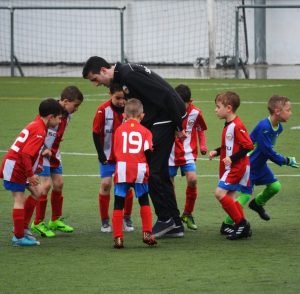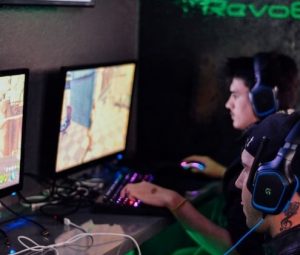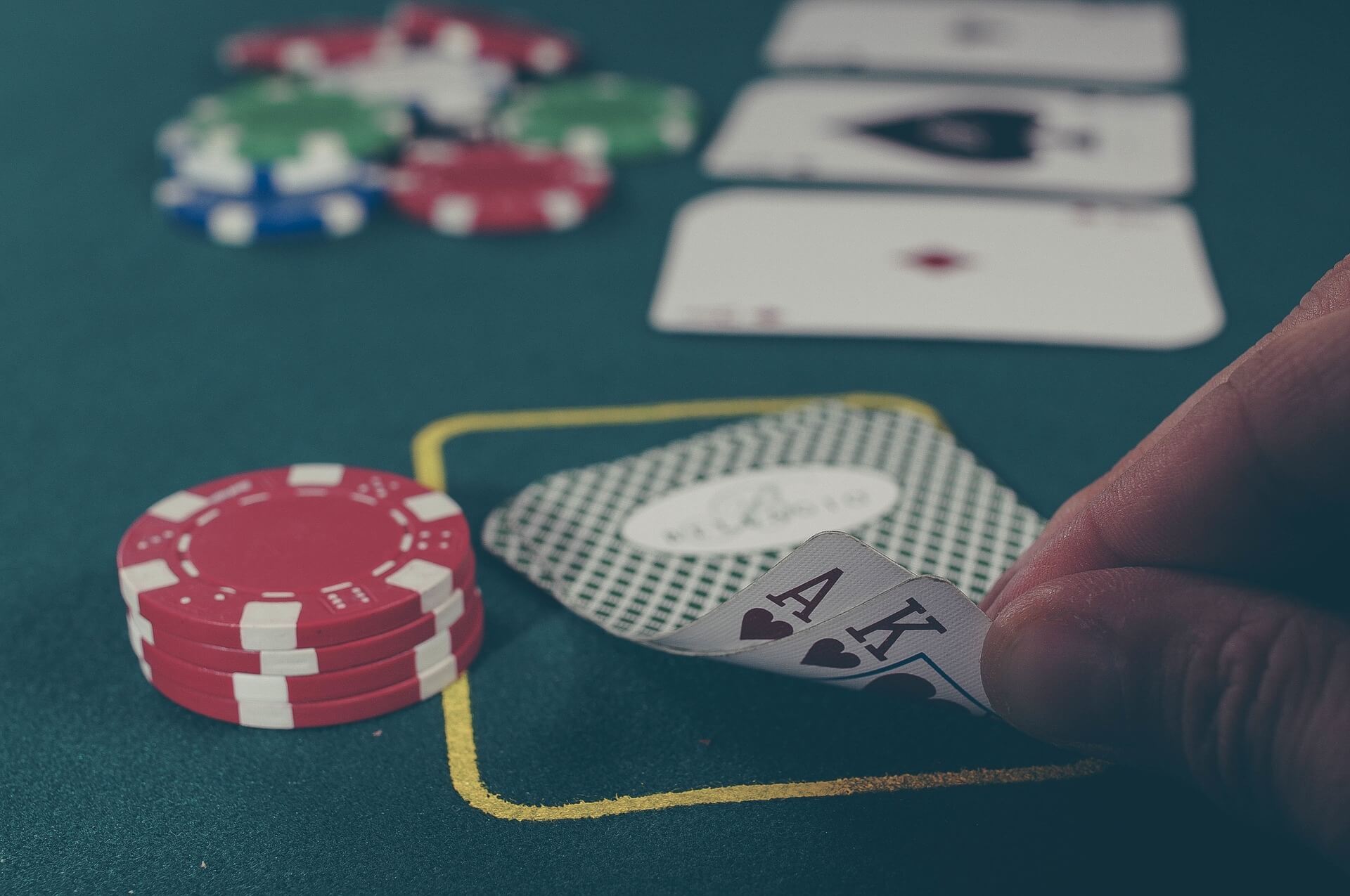 Children often learn by example. Some children learn faster than others, some slower. But, children often need to be exposed to all aspects of life, albeit some of them should be sugar-coated, as much as possible. Other aspects of life should be presented as is, because children have a lot to gain from it. Competitive sports are one of those things.
Children often learn by example. Some children learn faster than others, some slower. But, children often need to be exposed to all aspects of life, albeit some of them should be sugar-coated, as much as possible. Other aspects of life should be presented as is, because children have a lot to gain from it. Competitive sports are one of those things.
Sports and children have always mixed well, for various reasons to be discussed later. Children love playing sports (most of the time) and with proper instructions, can learn a lot about life through sports. Here is why competitive sports are great for children.
Improvement Takes Effort
When a child loses in a competitive sport, it is usually because they weren’t good enough, as is almost always the case with sports. With encouragement and effort, the child can get better and win their competition next time, whether an actual tournament for children, or a local football match against a friend. In order to get better, achieve your goals and win, whether in a competition or something which is internal and personal, one must apply effort and practice. Competitiveness can be used to teach children an important lesson.
Teamwork is Dreamwork
 When playing team sports, it is essential for a child to learn how to apply their own effort and when to pass the duty to others. If a child can learn the limits of their body and mind, they can then translate that knowledge later in life. If you are not an expert mechanic, you should call one to fix your car, rather than potentially damage it. The same goes with sports, if you are not a great striker, pass to your friend with the lightning fast shots. If you are bad at defending, leave it to the bulwark and you stick to your strengths, passing. Learning their own limits and how to make use of others’ strengths can be taught through competitive sports.
When playing team sports, it is essential for a child to learn how to apply their own effort and when to pass the duty to others. If a child can learn the limits of their body and mind, they can then translate that knowledge later in life. If you are not an expert mechanic, you should call one to fix your car, rather than potentially damage it. The same goes with sports, if you are not a great striker, pass to your friend with the lightning fast shots. If you are bad at defending, leave it to the bulwark and you stick to your strengths, passing. Learning their own limits and how to make use of others’ strengths can be taught through competitive sports.
Physical Benefits
Not only can a child learn about life, but they can also get better physically. Hand to eye coordination, or in sports which include legs and balls, hand to leg coordination, can be taught through sports. One must adapt and learn how to control the ball, and at the same time be aware of their own presence on a field and that of their opponents. That takes considerable coordination, something which can be taught at a young age through competitive sports.
Taking a Loss
 Losing is an inevitable part of competitiveness and one will almost always be exposed to it. Losing also happens in life, although not in the same sense.
Losing is an inevitable part of competitiveness and one will almost always be exposed to it. Losing also happens in life, although not in the same sense.
The important lesson which can be taught here is that losing doesn’t mean everything is over, only that you have things to work on in order to improve and make things better next time.
Competitive sports are great for children (and for adults), for many reasons, as well as those mentioned above. Consider this if your child is spending too much time in docility.


 People use bicycles to travel the world, commute, exercise, or simply as a way of recreation. Some use it professionally to earn money and compete in the hardest of competitions, whether the Olympic Games or the Grand Tours.
People use bicycles to travel the world, commute, exercise, or simply as a way of recreation. Some use it professionally to earn money and compete in the hardest of competitions, whether the Olympic Games or the Grand Tours.  If you like the cold, actually, if you love the cold and feel that you can endure 9200 kilometers of cycling in a very inhospitable landscape, then this race is the right one for you.
If you like the cold, actually, if you love the cold and feel that you can endure 9200 kilometers of cycling in a very inhospitable landscape, then this race is the right one for you. 

 That is, until esports became real. Electronic sports, or esports, is a way of competing by using computers or consoles. The athletes are seated, either one next to another, if fighting games are in question, or opposing one another, when team games are played, so that they can never see each others’ screens.
That is, until esports became real. Electronic sports, or esports, is a way of competing by using computers or consoles. The athletes are seated, either one next to another, if fighting games are in question, or opposing one another, when team games are played, so that they can never see each others’ screens.  There are plenty of esports athletes who have had serious injuries in their wrists, shoulders, back or necks.
There are plenty of esports athletes who have had serious injuries in their wrists, shoulders, back or necks.  The International Olympic Committee has reviewed esports titles as a potential candidate for future Olympic Games, though they are cautious about the inherent violence in most esports titles, which goes against the principles of the Olympic Games.
The International Olympic Committee has reviewed esports titles as a potential candidate for future Olympic Games, though they are cautious about the inherent violence in most esports titles, which goes against the principles of the Olympic Games.

 In poker, you do not need to have the best hand in order to win. As a matter of fact, you can play aggressively and get your opponent to fold because you fool them into thinking that your hand is worthy of a large pot – imagine the rush you feel when you manage to fool your rivals. Furthermore, it is very important to remain unpredictable and have a varied strategy profile since your opponents will always be looking out for the chinks in your armour or your tendencies to make certain plays – we want to make the game difficult for our opponents but not for us. To make the above more concrete, take as an example a case where we only ever bet when we have an ace, this then makes it really easy for our opponent to adjust his strategies to ours.
In poker, you do not need to have the best hand in order to win. As a matter of fact, you can play aggressively and get your opponent to fold because you fool them into thinking that your hand is worthy of a large pot – imagine the rush you feel when you manage to fool your rivals. Furthermore, it is very important to remain unpredictable and have a varied strategy profile since your opponents will always be looking out for the chinks in your armour or your tendencies to make certain plays – we want to make the game difficult for our opponents but not for us. To make the above more concrete, take as an example a case where we only ever bet when we have an ace, this then makes it really easy for our opponent to adjust his strategies to ours. 

